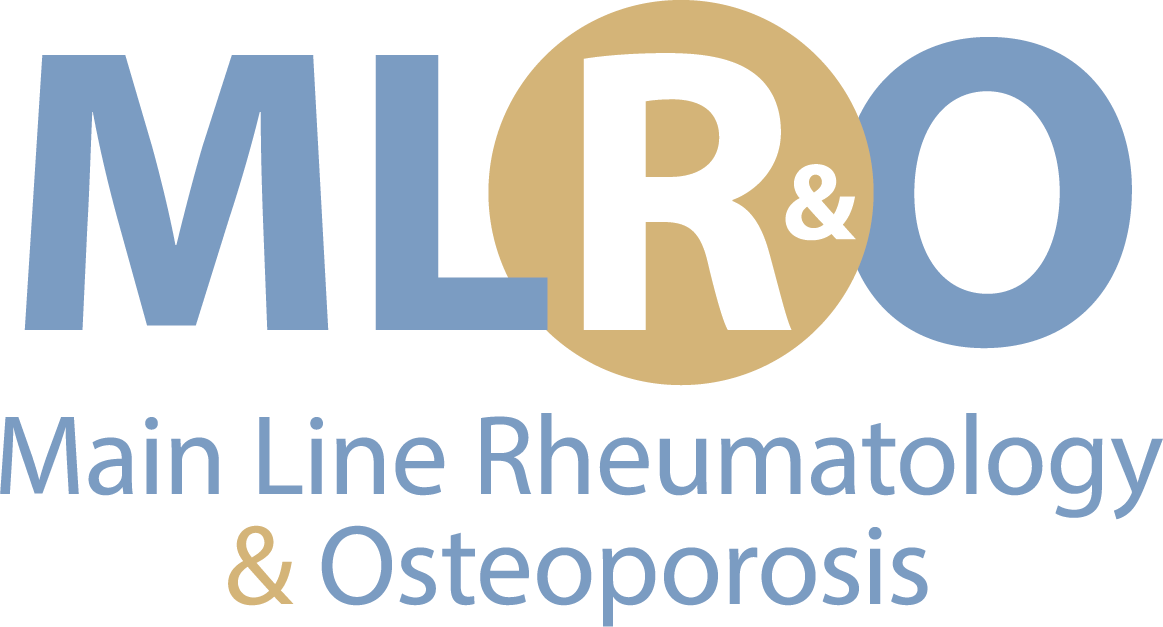
For the last 6 months, it has been difficult for all of us to think of anything else other than Covid as our world has been turned upside down to borrow a phrase from Hamilton. As rheumatologists, we have our own particular view of Covid. Other than the unfortunate politicizing of social distancing, most of the world understands that this is vital if we are to survive this pandemic. Wearing masks, frequent hand washing, staying an appropriate distance from others and quarantining when necessary is vitally important. Avoiding prolonged exposure to others in non-ventilated rooms is obviously worthwhile. We have learned much in the last 6 months and the turnaround in former hot areas like New York City teaches us that we can do it but unfortunately at huge economic sacrifice for many. As we often say, “Listen to Fauci”.
In our office, we are using HEPA filtering which significantly reduces the amount of virus particles in the air. Questioning patients as to travel and having temperatures taken makes it a considerably safer place then many (i.e. supermarkets). We also continue to offer TeleMed visits which provides sufficient information in many cases but obviously does not work when infusions of medications, joint aspiration and injections are necessary. We now know that neither the diseases we typically treat nor the medications we use are risk factors for Covid. Identified risks are obesity, lung disease, vaping, smoking, and diabetes.
We have learned that many of the deaths cause by Covid have less to do with overwhelming infection and more to do with our bodies ‘accelerated inflammatory response to the infection. This is commonly referred to as cytokine storm where the immune system essentially goes haywire trying to eliminate Covid but unfortunately ends of damaging the endothelial cells which line the insides of blood vessels. Damaged blood vessels are more prone to promote clots throughout the body as well as limiting the ability of the lung to oxygenate blood.
Numerous drugs are being studied to better control cytokine storm. Thus far there are no definite winners. The public gets their hopes up when drugs like hydroxychloroquine (Plaquenil) get endorsed by non-medical politicians but there are some other medications that are intriguing. As rheumatologists, we have used virtually all of them for the inflammatory diseases that we treat. Corticosteroids are being carefully examined as they are inexpensive and suppress inflammation. Of course the timing is critical. Using drugs that suppress inflammation can allow infection to go unchecked. Thus, drugs that may work on Covid infection such as remdesavir would be more useful in the beginning of a Covid infection and less useful later whereas the cytokine storm inhibitors need to be given at a later time. Currently the 2 drug classes being most intensively studied are interleukin-1 and interleukin-6 inhibitors. Examples of these drugs include Kineret, Ilaris, Actemra and Kevzara. They are approved for use in rheumatoid arthritis. As of this writing, all these medications are considered off label and not covered by insurance for Covid. Double-blind studies suggest that they may work but are certainly not conclusive. Numerous studies are underway in the United States and around the world and we anxiously await the results.
Work on vaccines is moving along rapidly. Historically we have never been able to develop a vaccine as fast as current work is proceeding in this area. Efficacy and safety still need to be established and hopefully this will not be another politicized issue. This is reminiscent of the speed with which ships and fighter airplanes were built in a few days during World War II. (I think of this often when I see the bridges being repaired in Ardmore which take at least 2 years each).
We will get past this. The economic and social impact is already devastating. People are out of work or unable to go to work if they have children unable to go to school. Nothing will be the same, but Main Line Rheumatology and Osteoporosis along with the dedicated health care providers in the Philadelphia area plan to provide the best health care we can offer.

